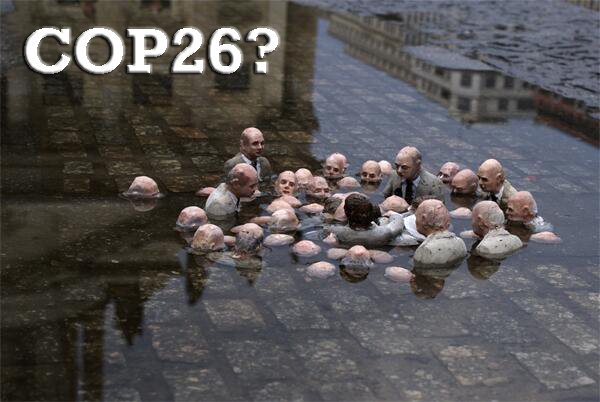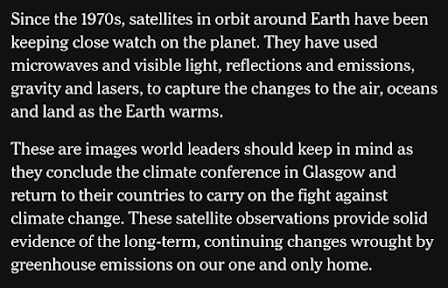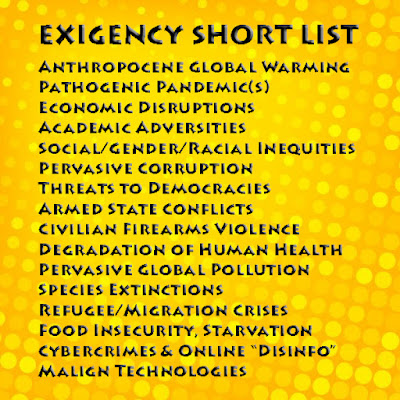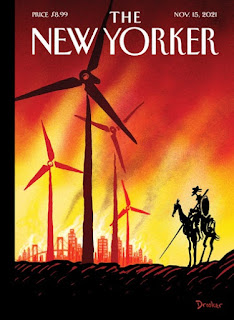While the world debates how best to reverse the trend of anthropogenic global warming (AGW), scientists continue to refine their data on historical global temperatures. A recent study published in Nature adds to this a high resolution picture of average surface temperatures over the last 24,000 years, since the last glacial maximum. The study reinforces the conclusion that the last century of warming is unprecedented over this time frame, and does not reflect any natural cycle but rather the effects of human forcing.
To construct their map of past temperatures, the researchers combined two methods. They used a dataset of chemical analysis of marine sediments, which are affected by local average temperatures. They combined this with a dataset based on computer-simulated climate models. The idea was to leverage the strengths of each approach to arrive at a map of historical surface temperatures that is more accurate than either method alone.
Of course, no one study is ever the final word, but this reconstruction is in line with other research using independent methods and data. The authors also draw two other main conclusions from their data. There has been a debate about whether or not the last 10,000 years had a small warming trend, and this graph supports that conclusion. Further, the authors conclude that the main driver of the large warming trend starting around 17,000 years ago is the retreat of the glacial ice sheets, but that the main driver of the rapid warming over the last 150 years is increasing green house gases. The rate of this recent warming is also out of proportion to any natural cycle detected in the last 24,000 years.
Those who refuse to accept the overwhelming scientific consensus on AGW will likely not be moved by this new study. It’s easy to find reasons to dismiss data if you are motivated to do so. For AGW, that motivation appears to be solution aversion – concerns about proposed steps to mitigate AGW and its consequences. For the fossil fuel industry, this motivation is obvious. They have massive assets in the ground they want to capitalize on, and will push back against any policy that deprives them of those assets. But they have successfully financed a disinformation campaign and turned it into a political ideology. Now denying AGW is a matter of tribal identity for some.
This denial takes many forms, but they tend to flow into each other. There are “stages” of denial: the Earth is not warming, the Earth is warming but its part of a natural cycle, human activity is causing the warming but it won’t be harmful (and may even be beneficial), human activity is causing warming and it will be bad but there’s nothing we can do about it or need to do about it. The one thing that all these positions have in common is the conclusion that we need not do anything about AGW – solution aversion. In practice deniers tends to flow up and down the list of positions depending on the situation, using a Motte and Bailey defense strategy. They will deny that warming is even happening when they think they can, but otherwise will retreat to more defensible positions when necessary, only to sally forth later to again deny even that warming is happening…
Click the title. Just watch wingnut heads explode. To them, you cannot even say "Structural Racism." Texas Governor Abbott will probably soon get legislation forbidding the use of the phrase.
For generations, policies of structural racism have systematically undervalued and removed opportunity from non-White communities. From the Black Hills of South Dakota to Boston's formerly redlined communities of Chelsea and Dorchester, such structural racism has limited medical access for communities of color, created cascades of comorbidities, and eroded social safety nets. Therefore, when SARS-CoV-2 landed on our shores, this systematic removal of resources saw Black, Indigenous, and persons of color experience twice the death rate from Covid-19 as White individuals. As healthcare professionals, it is critical that we understand how such a historical removal of opportunity has led to these health inequities. Such an understanding is foundational to achieving the truly equitable solutions that we so desperately need…
As we look towards the climate crisis, we must learn from and avoid the many shortcomings of the US Covid-19 response. Our attempts at buying our way out of social accountability with record breaking vaccine production and mandated masks played into these historic inequities. During the depths of the pandemic in 2020, those who have historically had resources and opportunity could much more easily achieve social distancing and safe pandemic practices. By repeating such a surface level approach for the climate crisis we will assuredly ruin our chances of providing adequate resiliency to frontline communities.
For the climate crisis, we must be skeptical of solutions that rely solely upon innovation and individualism…
To achieve equitable climate solutions, we must look inward to successfully move forward. We must look critically at our institutions of healthcare and government if we want to achieve long-lasting, equitable progress. As structural racism has historically disempowered millions in this country and made so many communities disproportionally vulnerable to climate change, then our healthcare solutions must be centered upon empowerment…
Doing right by marginalized communities across this country will mean prioritizing policy that undoes structurally racist policies, builds community resilience through infrastructure, and mitigates US emissions through revitalizing our energy infrastructure and cutting our emissions in half by 2030. To achieve such systemic change, our united action will be essential…
Why are so many American children learning so much misinformation about climate change?Release date Nov. 16th. More info here.
Investigative reporter Katie Worth reviewed scores of textbooks, built a 50-state database, and traveled to a dozen communities to talk to children and teachers about what is being taught, and found a red-blue divide in climate education. More than one-third of young adults believe that climate change is not man-made, and science instructors are being contradicted by history teachers who tell children not to worry about it.
Who has tried to influence what children learn, and how successful have they been? Worth connects the dots on oil corporations, state legislatures, school boards, libertarian thinktanks, conservative lobbyists, and textbook publishers, all of whom have learned from the fight over evolution and tobacco, and are now sowing uncertainty, confusion, and distrust about climate science, with the result that four in five Americans today don’t think there is a scientific consensus on global warming. In the words of a top climate educator, “We are the only country in the world that has had a multi-decade, multi-billion dollar deny-delay-confuse campaign.” Miseducation is the alarming story of how climate denialism was implanted in millions of school children.
"Exceptional reporting undergirds the truly shocking facts in this book: the fossil fuel industry is doing all that it can to undermine education about climate change, which will be the most important fact in the lifetimes of kids in school today." —Bill McKibben
Oh, my current New Yorker just arrived.
For those inclined to see them, there were plenty of bad omens last week as the latest round of international climate negotiations—cop26—got under way in Glasgow. A storm that lashed England with eighty-mile-per-hour winds disrupted train service from London to Scotland, leaving many delegates scrambling to find a way to get to the meeting. Just as the conclave began, Glasgow’s garbage workers went on strike, and rubbish piled up in the streets. Prime Minister Boris Johnson, in his opening speech, compared the world’s situation to that of James Bond, who often finds himself “strapped to a doomsday device, desperately trying to work out which colored wire to pull to turn it off, while a red digital clock ticks down remorselessly to a detonation that will end human life as we know it.” As one commentator pointed out, in his latest movie—spoiler alert!—Bond ends up dead.
Joe Biden’s performance in Glasgow, too, was inauspicious. In his formal remarks to cop26, the President declared that the United States was “back at the table” and “hopefully leading by the power of our example.” Later that day, Biden was undercut by Senator Joe Manchin, Democrat of West Virginia, who announced that he wasn’t quite sure he could support the $1.75-trillion spending package on which Biden’s claims rested. The timing was, as the A.P. noted, “unfortunate.” In separate, unscripted remarks in Glasgow, Biden circled back, acknowledging that the U.S. is not leading by example—or, really, leading at all. “I guess I shouldn’t apologize, but I do apologize for the fact the United States, in the last Administration, pulled out of the Paris accords,” he said, referring to the set of climate agreements negotiated at cop21, in 2015. He added, by way of understatement, that this has “put us sort of behind the eight ball.”
cop26 is a sequel to cop21, which was an attempt to recover from the mess of cop15, held in Copenhagen in 2009. To really appreciate America’s fecklessness, however, you have to go all the way back to the conference that preceded all these bad cops—the so-called Earth Summit, in 1992. At that meeting, in Rio de Janeiro, President George H. W. Bush signed the United Nations Framework Convention on Climate Change, which committed the world to preventing “dangerous anthropogenic interference with the climate system.” At the United States’ insistence, the convention included no timetable or specific targets for action…
—Elizabeth Kolbert









No comments:
Post a Comment